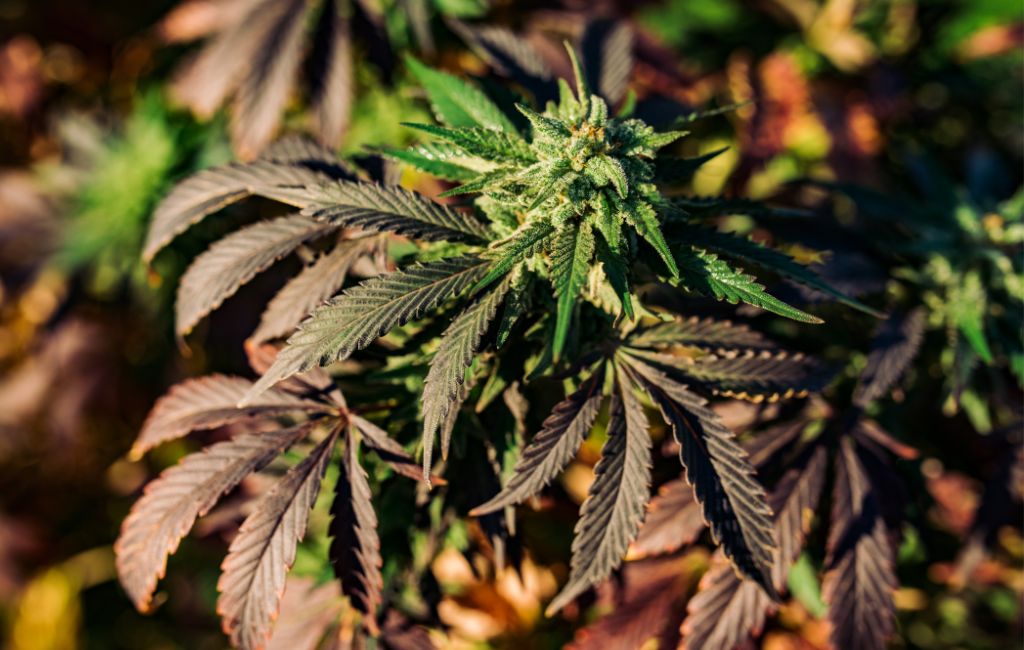
How THCa Flowers Support Wellness
In recent years, the interest in cannabis and its derivatives has surged, with many individuals exploring its potential benefits for wellness. Among the various compounds found in cannabis, THCa (tetrahydrocannabinolic acid) has gained attention for its unique properties. Unlike THC, THCa is non-psychoactive, making it an appealing option for those seeking therapeutic effects without the high. This article explores how THCa flowers can support wellness, backed by research and real-world examples.
Understanding THCa: The Basics
THCa is a naturally occurring cannabinoid found in raw and live cannabis plants. It is the precursor to THC, the compound responsible for the psychoactive effects of cannabis. When cannabis is heated through smoking, vaping, or cooking, THCa undergoes decarboxylation, converting into THC. In its raw form, THCa does not produce a high, which makes it an attractive option for those interested in the potential health benefits of cannabis without the psychoactive effects.
Potential Health Benefits of THCa
Research into THCa is still in its early stages, but preliminary studies and anecdotal evidence suggest several potential health benefits:
- Anti-inflammatory Properties: THCa has shown promise in reducing inflammation, which can be beneficial for conditions such as arthritis and other inflammatory diseases.
- Neuroprotective Effects: Some studies indicate that THCa may have neuroprotective properties, potentially aiding in the prevention of neurodegenerative diseases.
- Anti-emetic Effects: THCa may help reduce nausea and vomiting, making it a potential option for individuals undergoing chemotherapy or those with chronic gastrointestinal issues.
- Appetite Stimulation: Like THC, THCa may help stimulate appetite, which can be beneficial for individuals with conditions that cause appetite loss.
Case Studies and Real-World Examples
Several case studies and anecdotal reports highlight the potential of THCa in supporting wellness. For instance, a study published in the “Journal of Clinical Pharmacology” explored the effects of THCa on patients with chronic pain. Participants reported a significant reduction in pain levels and improved quality of life after incorporating THCa into their regimen.
Another example involves a patient with multiple sclerosis who experienced reduced muscle spasms and improved mobility after using THCa-rich cannabis products. These real-world examples underscore the potential of THCa as a therapeutic option for various health conditions.
THCa vs. THC: A Comparison
While both THCa and THC are derived from the cannabis plant, they have distinct differences:
- Psychoactivity: THCa is non-psychoactive, whereas THC is known for its mind-altering effects.
- Legal Status: In many regions, THCa is legal, while THC is subject to stricter regulations.
- Therapeutic Uses: Both compounds have potential therapeutic benefits, but THCa is often preferred for those seeking relief without the high.
Incorporating THCa into Your Wellness Routine
For those interested in exploring THCa for wellness, there are several ways to incorporate it into a daily routine:
- Raw Cannabis Juicing: Consuming raw cannabis leaves and flowers through juicing is a popular method to intake THCa.
- THCa Tinctures: These liquid extracts can be added to food or beverages for easy consumption.
- Topical Applications: THCa-infused creams and balms can be applied directly to the skin for localized relief.
Challenges and Considerations
While THCa offers promising benefits, there are challenges to consider. The lack of extensive research means that much of the evidence is anecdotal. Additionally, the legal status of cannabis and its derivatives varies by region, which can affect accessibility. It’s advisable to consult with a healthcare professional before incorporating THCa into a wellness routine, especially for those with pre-existing health conditions or those taking other medications.
Conclusion
THCa flowers present a fascinating option for those seeking wellness benefits from cannabis without the psychoactive effects. With potential anti-inflammatory, neuroprotective, and anti-emetic properties, THCa holds promise for a variety of health conditions. While research is still developing, real-world examples and preliminary studies suggest that THCa could be a valuable addition to a holistic wellness approach. As interest in cannabis continues to grow, THCa may play an increasingly significant role in supporting health and well-being.